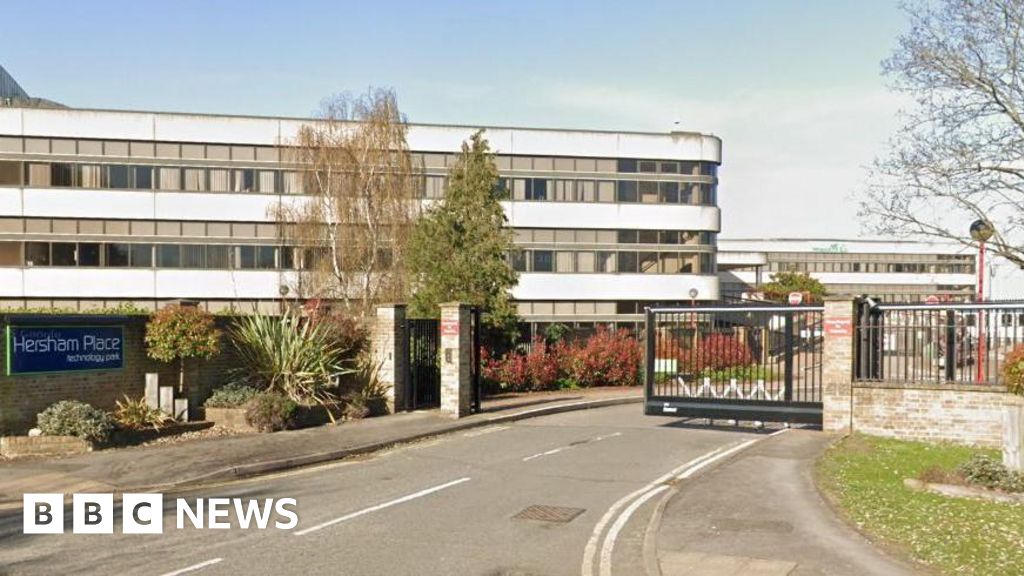Big Brother in the Big Easy? New Orleans Debates Real-Time Facial Recognition

New Orleans is on the cusp of a significant shift in public safety and surveillance technology. The City Council is currently weighing a proposed ordinance that would allow the use of real-time facial recognition technology across the city. This move has ignited a fierce debate, pitting proponents who argue it's a vital tool for crime prevention against critics who raise serious concerns about privacy, bias, and potential misuse.
What's the Ordinance About?
The proposed ordinance would permit the New Orleans Police Department (NOPD) to deploy facial recognition systems in public spaces. These systems would scan faces in real-time, comparing them against databases of mugshots, wanted persons, and potentially other records. The stated goal is to identify and apprehend criminals, deter crime, and enhance public safety. Supporters highlight the potential to quickly locate missing persons and respond to emergencies more effectively.
The Privacy Concerns: A Growing Chorus of Opposition
However, the ordinance faces considerable opposition from civil liberties groups, community activists, and even some city council members. Their concerns are multifaceted:
- Privacy Erosion: Critics argue that constant facial scanning creates a chilling effect on free expression and assembly. The feeling of being constantly watched can discourage people from participating in protests, expressing dissenting opinions, or simply going about their daily lives.
- Bias and Discrimination: Facial recognition technology has been shown to be less accurate when identifying people of color, particularly women. This raises the risk of wrongful identification, false arrests, and discriminatory policing practices. Data from numerous studies reveals significant disparities in accuracy rates across different demographic groups.
- Data Security and Misuse: Concerns exist about the security of the data collected and the potential for misuse by law enforcement or government agencies. Who will have access to this data? How will it be stored? What safeguards are in place to prevent abuse?
- Lack of Transparency and Oversight: Opponents argue that the ordinance lacks sufficient transparency and oversight mechanisms. They call for clear guidelines on how the technology will be used, how data will be stored and accessed, and how citizens can challenge potential errors or abuses.
The Debate Continues: Balancing Security and Liberty
The New Orleans City Council is now grappling with the complex challenge of balancing public safety concerns with the fundamental right to privacy and the need to prevent discriminatory policing. Public hearings have been held, and the debate has extended to social media and local news outlets. Council members are considering amendments to the ordinance that would address some of the concerns raised by critics, such as limiting the scope of the technology's use, requiring regular audits of its accuracy, and establishing a civilian oversight board.
Looking Ahead: A National Trend
New Orleans is not alone in considering the use of real-time facial recognition. Cities across the United States are grappling with similar decisions, as the technology becomes increasingly sophisticated and readily available. The outcome of the debate in New Orleans will likely have implications for other communities considering similar measures, highlighting the critical need for thoughtful and transparent policymaking in the age of advanced surveillance technologies. The discussion underscores the ongoing tension between ensuring public safety and safeguarding individual liberties in the digital era. Will New Orleans choose a path that prioritizes security over privacy, or will it find a way to strike a balance that protects both?






